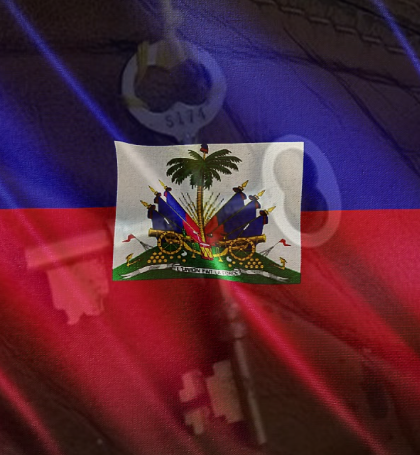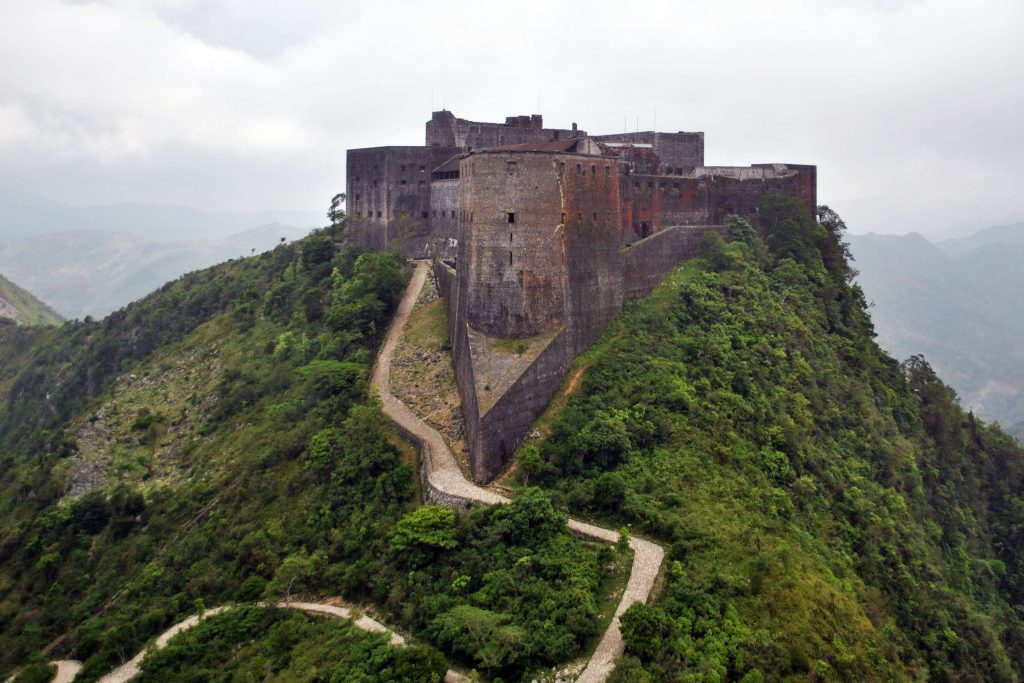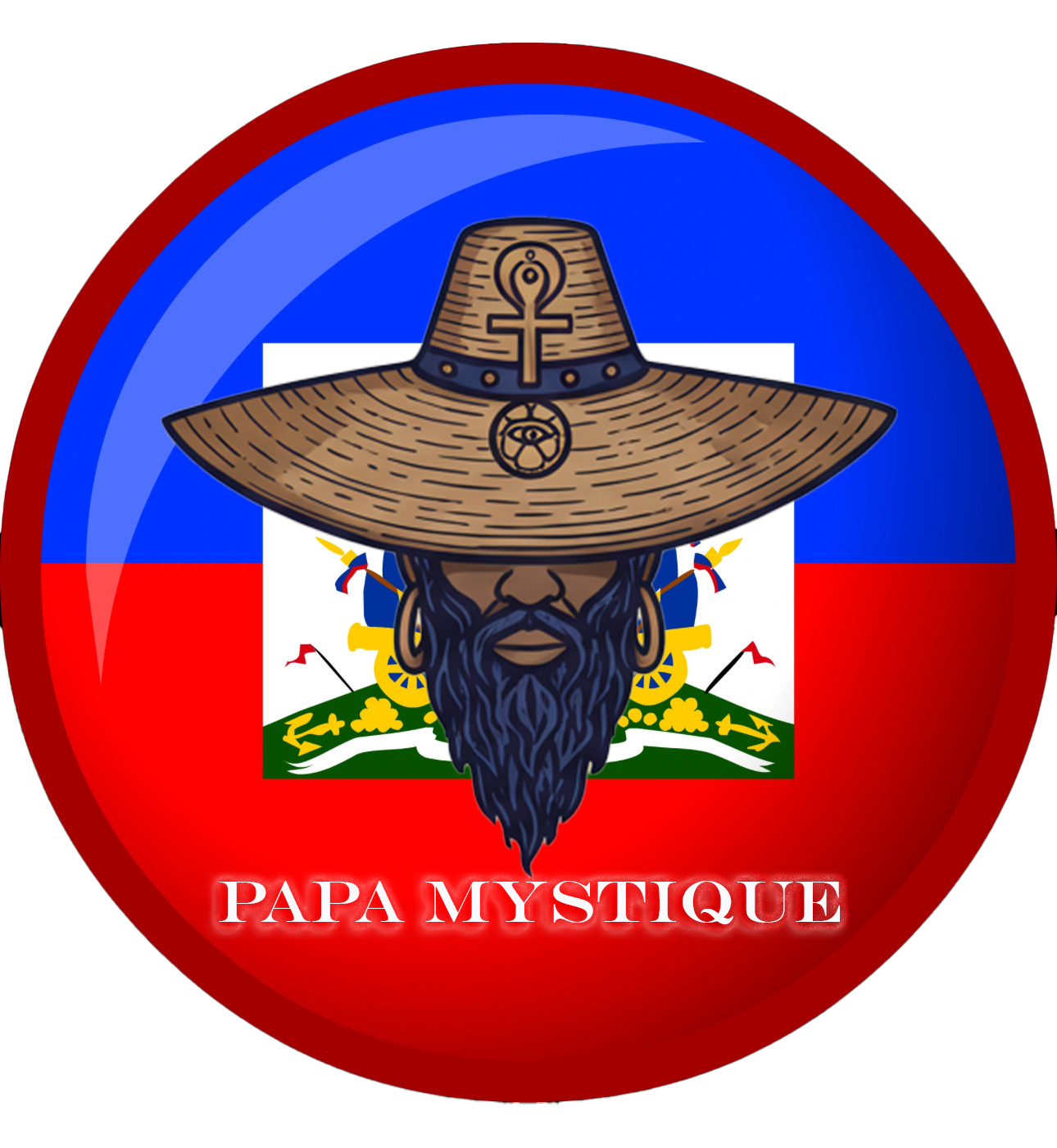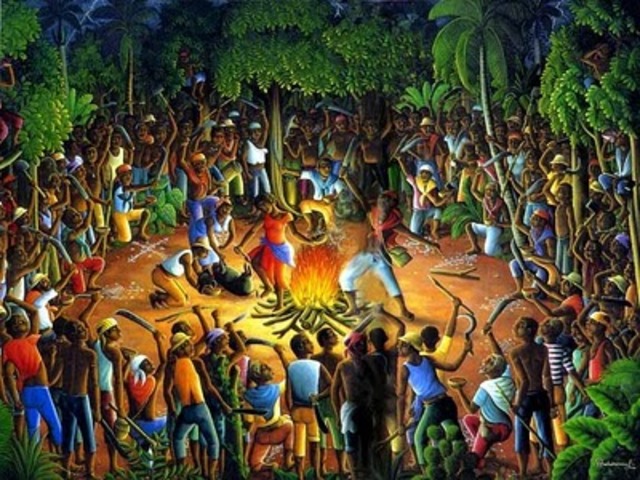Haitian Vodou is a spiritual tradition deeply rooted in the history of resistance, survival, and cultural fusion. It originated from the blending of African religious beliefs brought by enslaved people from West and Central Africa with Indigenous Taino traditions and Catholic influences imposed by European colonizers. Despite harsh oppression, enslaved Africans in Saint-Domingue (modern-day Haiti) used Vodou as a means of preserving their heritage and maintaining a spiritual connection to their ancestors. Through ritual, dance, and prayer, they kept their traditions alive, ensuring that their gods and spirits remained with them even in the most challenging circumstances.
To understand Vodou is to understand the spirit of resilience—where faith and freedom walk hand in hand.
Vodou played a critical role in the Haitian Revolution, the only successful slave revolt that led to the establishment of the first free Black republic in 1804. The famous Bwa Kayiman ceremony, held in August 1791, is often regarded as the spiritual spark that ignited the revolution. It was during this gathering that enslaved Africans, under the leadership of spiritual figures like Dutty Boukman and Cecile Fatiman, made a sacred pact to fight for their freedom. The spirits, or Lwa, were called upon for strength, protection, and guidance, reinforcing Vodou’s deep connection to justice and liberation.


Following Haiti’s independence, Vodou continued to evolve despite facing persecution from colonial and post-colonial authorities who sought to suppress African-derived traditions. Catholic missionaries and later Western media often demonized Vodou, associating it with sorcery and evil, which led to widespread misconceptions that persist today. However, Vodou remained a resilient force within Haitian society, serving as a source of healing, community, and identity. It adapted over time, incorporating new elements while preserving its core principles of honoring ancestors, maintaining balance, and seeking divine wisdom.
Final Reflections on Vodou’s Historical Legacy
Today, Haitian Vodou stands as a testament to the endurance and cultural strength of the Haitian people. It is more than just a religion; it is a way of life that embodies the history, struggles, and triumphs of a nation. Practiced not only in Haiti but throughout the diaspora, Vodou continues to be a source of empowerment and spiritual fulfillment for many. By recognizing and respecting its rich history, we honor the legacy of those who fought to preserve their faith and culture against all odds.


Leave a Reply